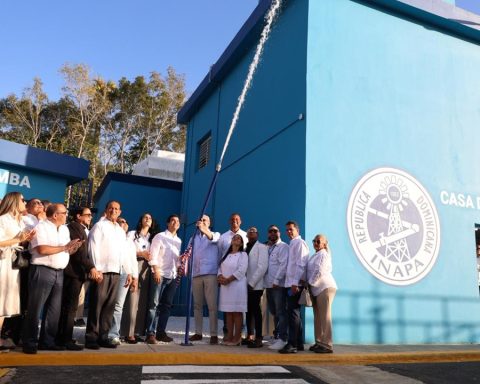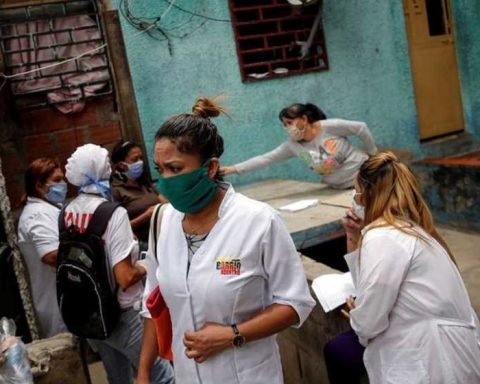C
Carlos Lavore writes an important book, Between extinction and rescue: the resistance of the peoples against the neoliberal model (Penguin Random House, 2021), of great diagnostic-analytical-proposal value in the face of the serious crisis that humanity is experiencing, aggravated by pandemics, wars that can escalate into a confrontation between nuclear powers, population exoduses, humanitarian catastrophes and climatic emergencies. Cuauhtémoc Cárdenas, in the prologue, establishes the existence of a new colonialism, technologicalized and financialized, careful of an institutional formality designed on purpose and meticulous in the construction of the legitimizing story, but cruel when it comes to extracting wealth, subjugating peoples and subjugating governments. Virtually no element of nature was left without being subject to extractivism, leaving behind poverty, inequality, desolation, pollution and environmental devastation.
.
The work is permeated by a prolonged contact of its author with community and cooperative production organizations in Mexico and Latin America, at ground level
, proactive resistance that nurtured testimonies and outlined the focus of the work. Also important were the activities carried out by the Foundation for Democracy and by Mexico Today, between 2015 and 2020, through seminars, diploma courses, regional and national forums, meetings with groups, communities and organizations of diverse nature, rural and urban. Lavore exposes his reflections throughout seven chapters with self-explanatory titles: Extinction, spoils, hegemony, concentration, effects, resistance, rescue, closing with three reflections as an epilogue.
The key idea is what Lavore calls the structure of domination, which responds to a project of domination. “Its complexity can be analytically disaggregated into three components, closely interrelated; financial capital and large companies, transnationalized; the State, institutions and regulations, readjusted; omnipresent communication and digital media corporations. That is, economic-financial power, political power and media power, with a high degree of concentration and a single true goal: control over nature, wealth, governments and peoples. The complete dismantling of this structure is a condition for emancipatory proposals to materialize and endure. Any left political approach that does not address this is a simulation” (italics mine). I fully agree with this perspective on the left, given the obvious simulations of really existing gatopardismo, particularly in Mexico.
Lavore describes what is happening on the planet, in Latin America and, in particular, Mexico. He explains the scaffolding of concentrated hegemonic power, makes visible the resistances and their transformative capacities and reflects on the possible future. From this systemic approach, it presents a sequence that begins with the process of extinction of planetary life, or part of it, reflected in the melting of poles and glaciers, the destruction of jungles and forests, the depletion of fossil and mineral resources, overexploitation of water, hyper-urbanization and climate change. This process takes place in Latin America from the dispossession, looting of goods and natural resources and in the exploitation of labor, with a worn-out illusion of progress and development fueling official discourses and people’s expectations, and propitiated by a hegemony constituted by transnational capital, the institutional instruments of domination and media corporations, the accompaniment of organized crime and, I would add, processes of militarization and paramilitarization. In this recolonization, the effects of that hegemonic and concentrated power over our countries are expressed in extractivism, the subordinate organization of territories and cities, the subordination of politics to the economy, and in the construction of neoliberal, patriarchal common sense. and macho, which excludes alternatives and reinforces individualism, consumerism, successism, competition, selfishness and cultural colonization. The resistance is made up of the native peoples, the mobilization of women against patriarchy and multiple organizations, which are related to numerous and notable rescue experiences by community organizations and groups of a diverse nature.
The health and climate crisis exposes all these contradictions, tensions and processes, so it is necessary, indicates Lavore, to take advantage of the experience of the peoples and reinvent the world, reinvent Latin America, reinvent ourselves, behind an ideal of egalitarianism and communitarianism, more necessary than ever, in harmonious relationship with Mother Earth, in favor of life
. In good time, Carlos!
















